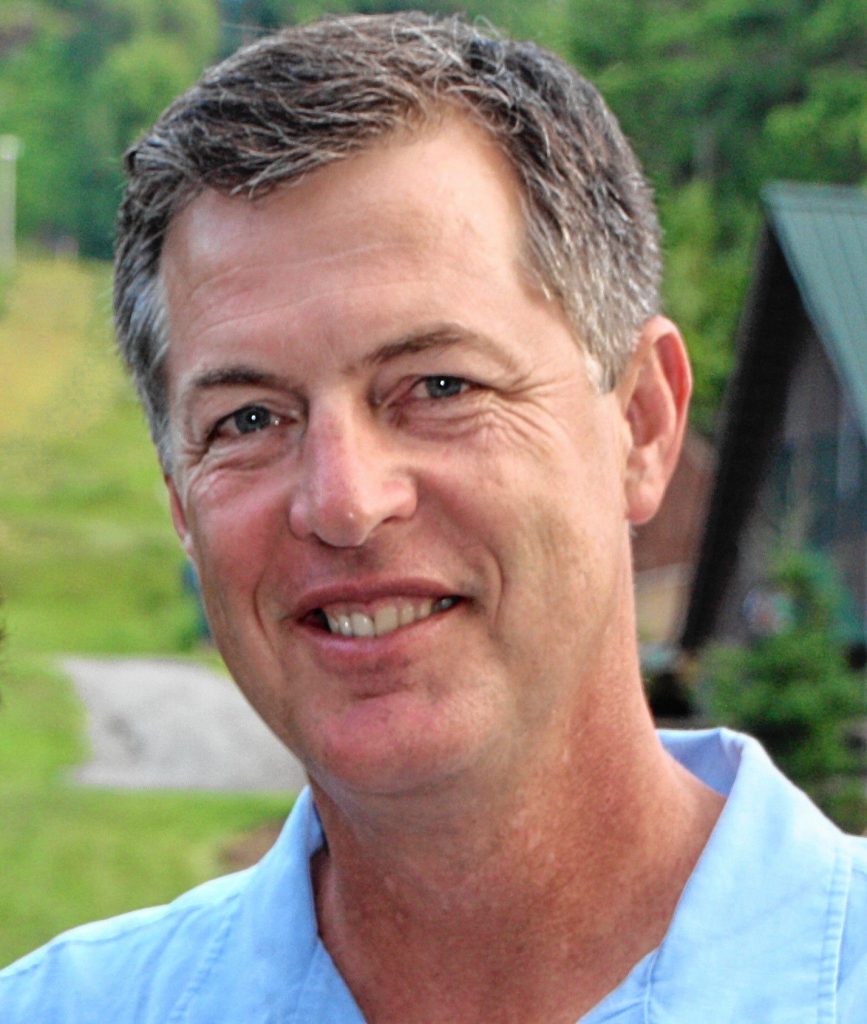Major League Baseball’s opening day is Thursday, and what better way to usher in a new season of America’s pastime than by having a former All Star talk about the psychology of the game at his local bookstore?
We’re talking about Concord native Bob Tewksbury, who played for the Yankees, Cardinals, Cubs, Rangers, Padres and Twins over a 13-year career that included an All Star selection and a third-place finish in National League Cy Young voting (behind only Hall of Famers Greg Maddux and Tom Glavine). Since he retired from playing in 1998, Tewksbury has been studying the mental side of the game, so much so that he’s written a book about it called Ninety Percent Mental: An All-Star Player Turned Mental Skills Coach Reveals the Hidden Game of Baseball, which he will discuss at Gibson’s Bookstore on April 5 at 7 p.m.
As its long subtitle suggests, the book is all about the psychological side of the game of baseball. Tewksbury knows a thing or two about the subject, as he has a master’s degree in sports psychology and was the mental skills coach for the Red Sox during all three of their post-1918 World Series titles and currently does the same job for the San Francisco Giants.
But what is a mental skills coach, anyway?
“The short version is you can’t be called a sports psychologist, but it’s basically the same thing,” Tewksbury said last week. “The difference is sports psychologists have a Ph. D. in that field. Mental skills coaches have a master’s-level degree, so they can’t use the term psychology so we use the term mental skills coach. But essentially a mental skills coach works on areas of performance related to confidence, concentration, relaxation, improving your performance from a mental standpoint through techniques that are empirically based.”
In essence, Tewksbury dives into the inner workings of the head games that go on between a pitcher and batter within a game. He also touches on other areas where his expertise as a mental skills coach are employed, such as when a player is going through a prolonged slump or is trying to balance “real life” with life in the game.
Tewksbury didn’t just get into this field recently – he was always intrigued by the psychological side of the game, and he went to work to learn more about it as soon as he could. But he wasn’t going in cold.
“I was into it when I played,” he said. “I was always reading books on psychology or improving performance … I always had an interest in it to use that to get any edge I could get because I didn’t throw very hard. I used my mind.”
The transition from heady player to professional mental skills coach was a quick one for Tewksbury. He played his final season in 1998, for the Minnesota Twins, and right after that season he went back to finish his undergrad degree at New England College, a process he started 20 years earlier. That degree was in physical education, but it didn’t end there.
When he got his undergrad degree in 2003, he started graduate school at Boston University, where he ultimately earned his master’s in sports psychology. After a quick stint as a pitching consultant for the Red Sox, the Sox brought him on as their first-ever mental skills coach for their minor league system.
The rest, as they say, is history.
After working with the team during its historic World Series championship in 2004, then the improbable repeat in 2007, then the lightning-in-a-bottle 2013 championship season, he took his talents to San Fran (though not really – he still lives in Concord, he just takes a lot of flights and makes a lot of Facetime calls these days), where he jokingly said he “helped them lose 98 games” last year. That part shouldn’t bother him too much, though – he racked up more than 100 wins all by himself when he was pitching and is one of a handful of people alive with three Red Sox World Series rings.
All in all, Tewksbury is a rare bird in the sports world, one of the only guys – maybe the only one – to have an MLB All Star appearance, Cy Young votes, a master’s degree and a book deal. For that alone you should consider going to Gibson’s on April 5 and hearing what he has to say for himself.









